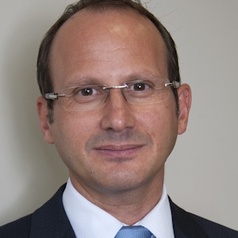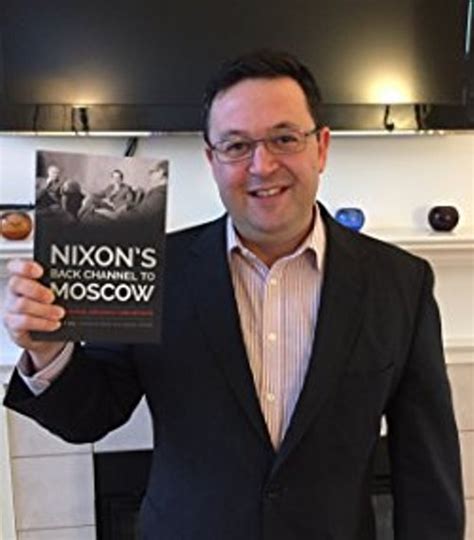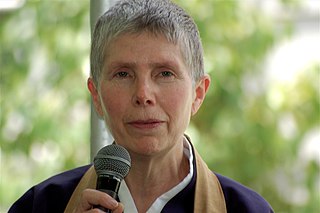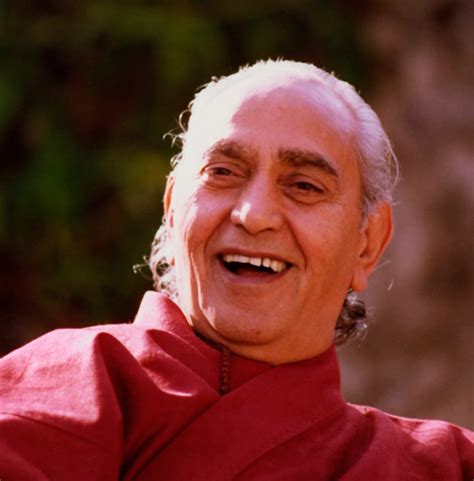A Quote by Peter Kinderman
Rumination tends to be eased if we learn to be mindful; if we are able to be aware of, and understand how our own thoughts work.
Related Quotes
When we are fully conscious and aware, we actually know when we are about to overreact. When we are mindful, we have the mental space and are aware of when our moods change. When we are mindful, we are aware of when our mental models are being challenged and when expectation does not meet with reality, which can trigger an emotional response.
The sad fact is that we're not educated to be aware and therefore able to question the reality created by our thinking. We don't realize that we must take responsibility for our thoughts to find out if they are really true, and then set aside or at least acknowledge those that are simply opinion and bias. We don't recognize that most thoughts are ultimately judgments, and that the truth of any judgment is how that judgment makes us feel.
The problem is not in the food... The problem lies in the mind. It lies in our lack of awareness of the messages coming in from our body... Mindful eating helps us learn to hear what our body is telling us about hunger and satisfaction. It helps us become aware of who in the body/heart/ mind complex is hungry, and how and what is best to nourish it.
You go out into the world, you read everything you can read, you imitate the things you love, and you learn how hard it is to do. Eventually, you learn your own vision of the world, you learn your own voice and how to hear it, and you learn to write your own work. Writers today have as many opportunities as my generation did, but they don't see the examples as clearly as we did.































